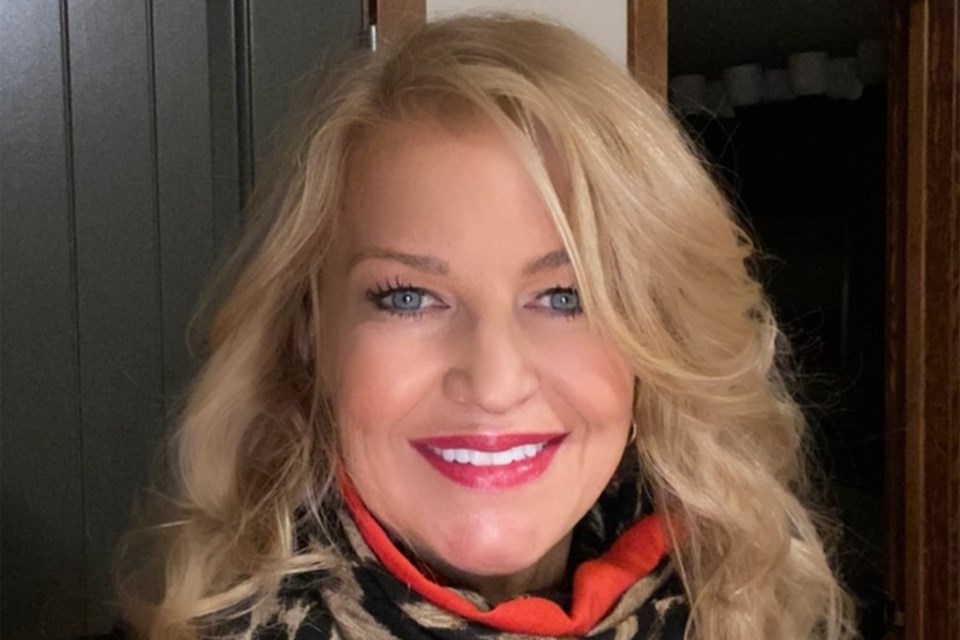OLDS — If you’re feeling depressed or you know someone who appears to be, reach out to somebody, says Debbie James of Pause & Pivot Counselling/Coaching Inc. in Airdrie.
James has been in the mental health counselling profession for about 25 years. She went into private practice about a year-and-a-half ago.
James is one of about nine speakers who can be heard during The Conversation Has To Happen, a series on depression and suicide prevention offered in Olds.
In previous years, The Conversation Has To Happen was a one-day seminar. However, for the second year in a row, due to current COVID-19 restrictions, it’s being offered in a variety of media.
Until the end of the month, interviews with or profiles of The Conversation Has To Happen speakers will be featured in The Albertan as well as on the radio stations 96.5CKFM and Rock 104.5 in Olds.
James says ideally, people feeling depressed – even suicidal – should contact a mental health professional, but just speaking to somebody can help.
"A lot of times when people are struggling with depression, it’s like there’s just a grey cloud over their head,” she said during an interview.
“If they weren’t depressed, if they were functioning as they usually do, they would know how to access resources.
“They would know ‘I’d better get to my doctor, I’d better talk to someone.’ But when you’re in that state, it’s really hard to see the light of day. It’s hard to reach out.
“So if someone’s struggling, I would highly recommend just connect with anyone – ideally a mental health professional, but of course, if you think someone is struggling, my main message is ask; be the person who starts the dialogue, because when someone’s struggling, they don’t always have the capacity to ask.”
She says it’s better to ask someone who appears to be struggling than to shrug off what they’re seeing and ignore it.
“A lot of people fear that if they use the word ‘suicide’ that they’re going to make somebody think about it when they haven’t thought about it before and the research just doesn’t indicate that,” she said.
“The research is if we give more people – all the people – the right wording, the right questions, and then someone says ‘yeah, actually I really am struggling,’ that there's a really good understanding about where to go next.”
James said lockdowns and restrictions that have been enacted as a result of the COVID-19 pandemic have been really hard on people.
“Maybe you just have a great time connecting with your friends at a club or church or whatever that is. Well, now that people are isolated, they don’t have the same mental health layperson supports anymore,” James said.
“People are losing their jobs, people are losing their houses. It can be a struggle.
“Another piece of that is sometimes being isolated in your family unit sometimes for 18 months. It kind of makes people take a second glance at their marriage and say you know, ‘is this what we want it to be? Can we make it better? Can we make it stronger?’
“So there’s lots going on for people.”
She’s also concerned about first responders and how they and their families are coping, given the stress they’re under and the long hours they’ve been working.
"As a community struggles and so many people are at their worst, we expect our first responders to pick that up. And so there’s a burden. I like to call it the mud that they track in on their boots,” she said.
“They’re such a strong group, and it’s hard for them at times to really acknowledge the burden of compassion as a first responder.
“If you have a teacher or a nurse, police officer or firefighter – whatever that is – and they’re coming home to their families, how are their families doing? That’s a lot to navigate.”



